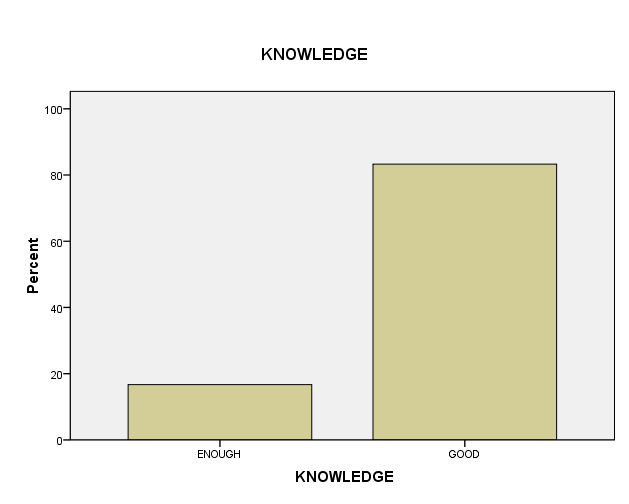Respondent Characteristics and Student Health Knowledge About Covid-19
Main Article Content
Abstract
Introduction: COVID-19 is not over yet. Prevention of COVID-19 is still being carried out and the emphasis is on increasing knowledge of health students so that they are expected to have an effect on positive attitudes and behaviors to prevent COVID-19 in health students. The purpose of this study was to see the relationship between individual characteristics and knowledge about COVID-19, especially for health students on campus because the campus community is a community that can contribute to preventing the transmission of COVID-19 through breaking the chain of transmission of COVID-19.
Objectives: This article aims to determine the sociodemographic characteristics of students related to students' knowledge about COVID-19.
Methods: This type of research is a type of quantitative research with a cross sectional design. The number of samples was 323 health students at Poltekkes Kemenkes Semarang Health Analyst Department which was determined by saturated sampling technique. The method of data collection was done through an online questionnaire technique and assisted by the google form program. Data analysis using univariate test and bivariate test (Continuity Correction) to determine the relationship between respondent characteristics and student knowledge.
Results: The results of statistical tests with Continuity Correction values successively from gender, age, education level and history of COVID-19 are 0.723, 0.417, 0.084 and 1.00 which indicate a value of > 0.05 so it can be concluded that the student characteristics have no relationship. with the level of student knowledge related to COVID-19. The benefit of the results of this study is that it can measure student knowledge and see the relationship between respondents' characteristics and students' level of knowledge.
Conclusions: The results of the study have implications for the application of appropriate types of counseling or socialization activities to be applied to health students, for example education using booklets or videos. Although the results of the knowledge category obtained are high, it is important to continue to carry out education and health promotion programs as an effort to increase knowledge and support COVID-19 prevention practices.

